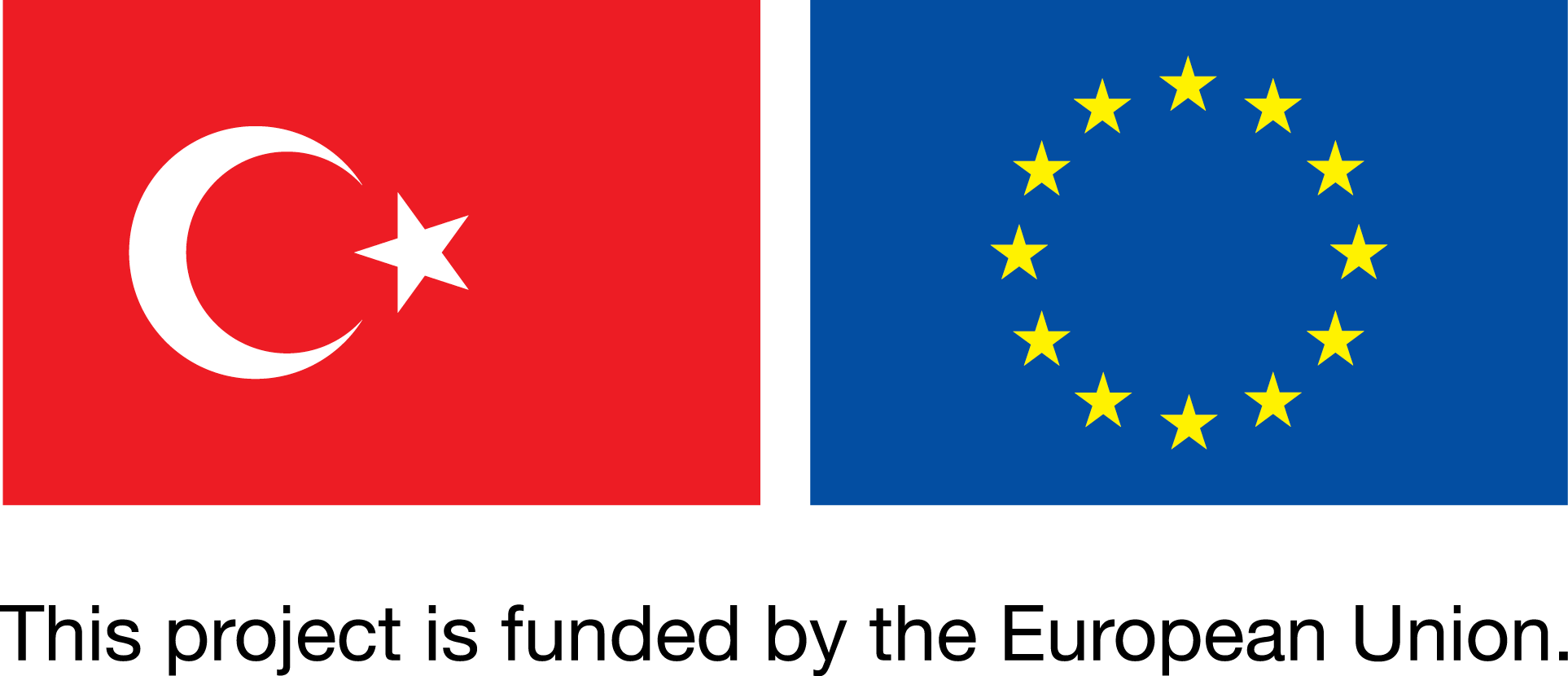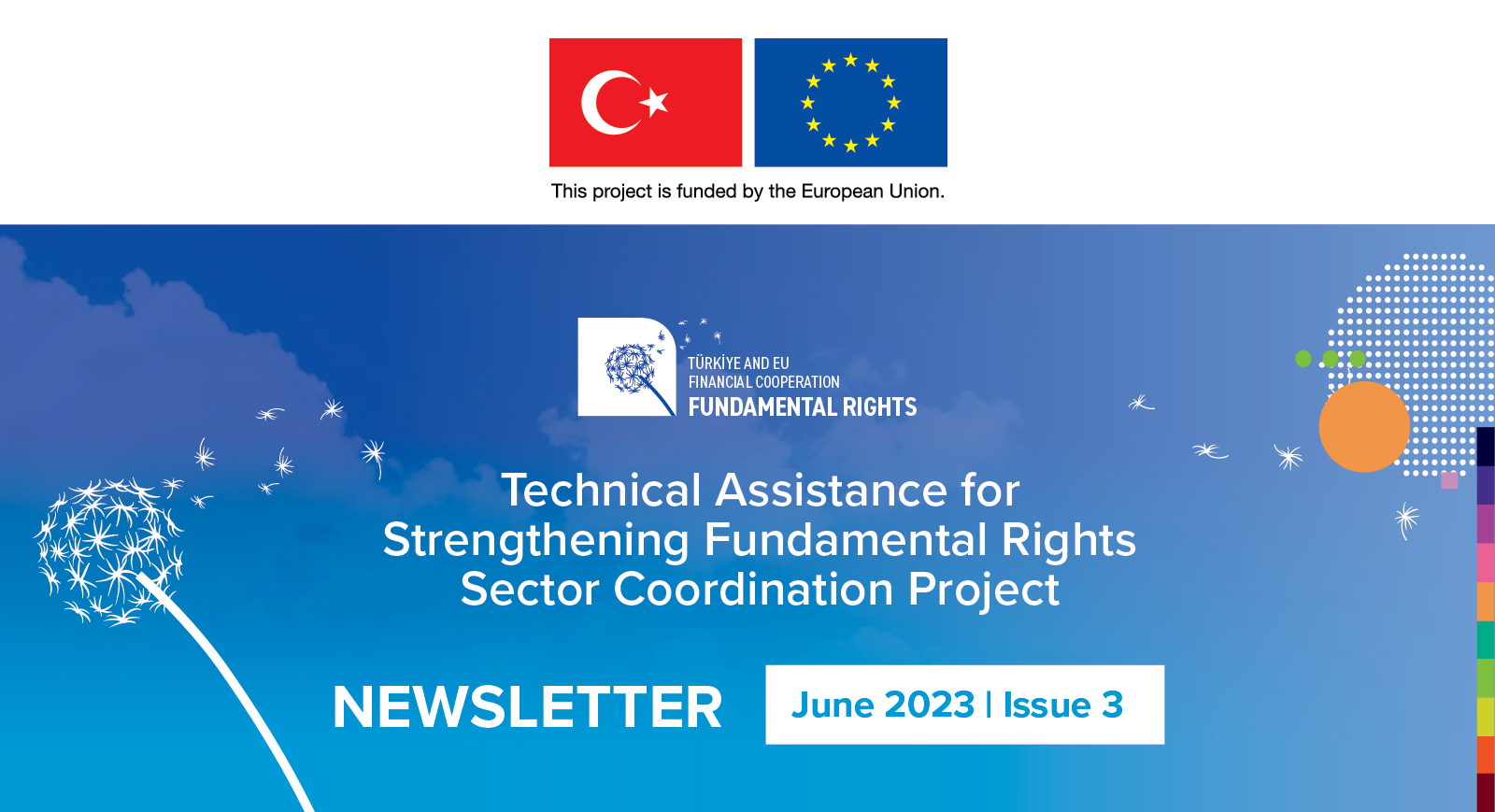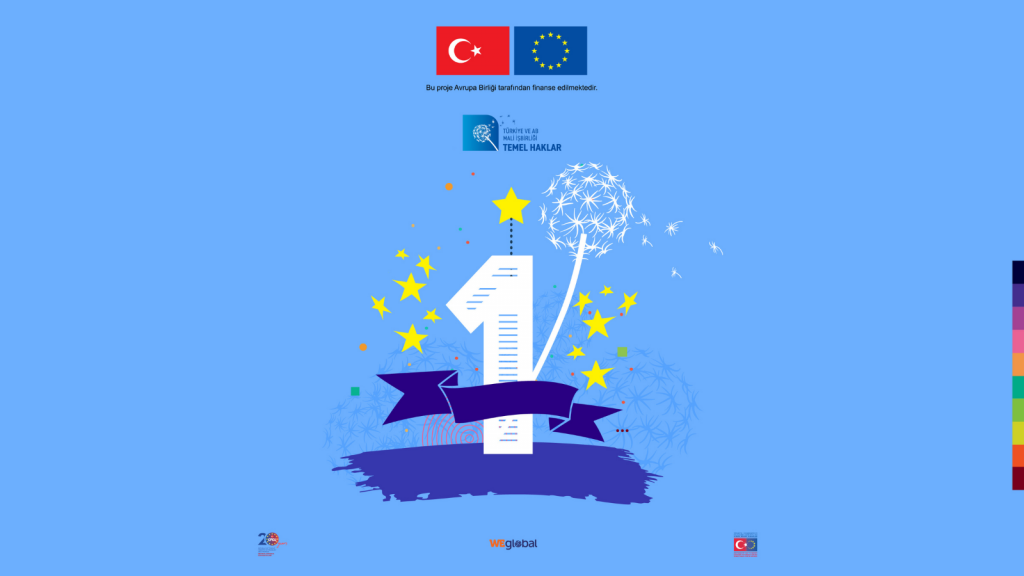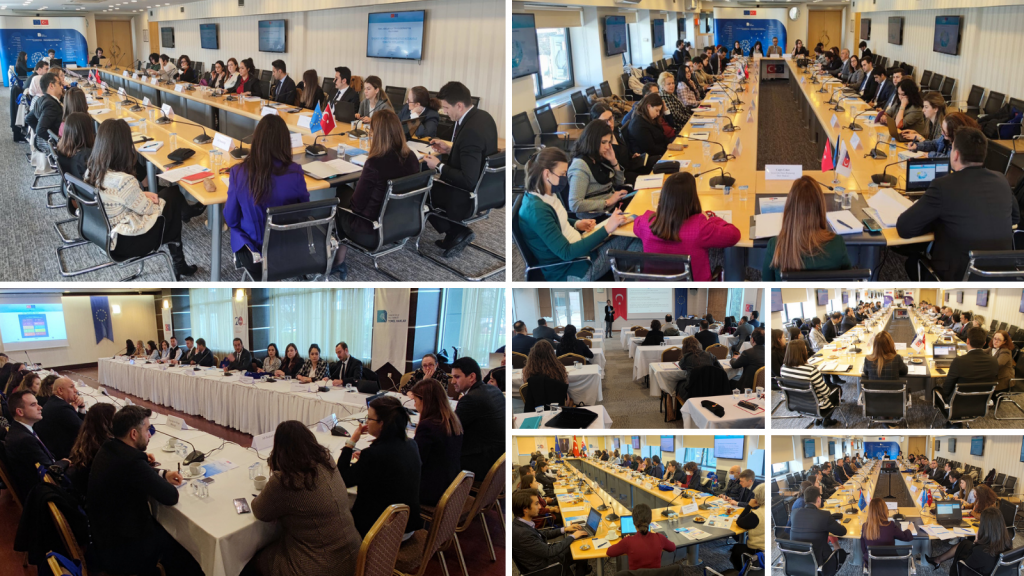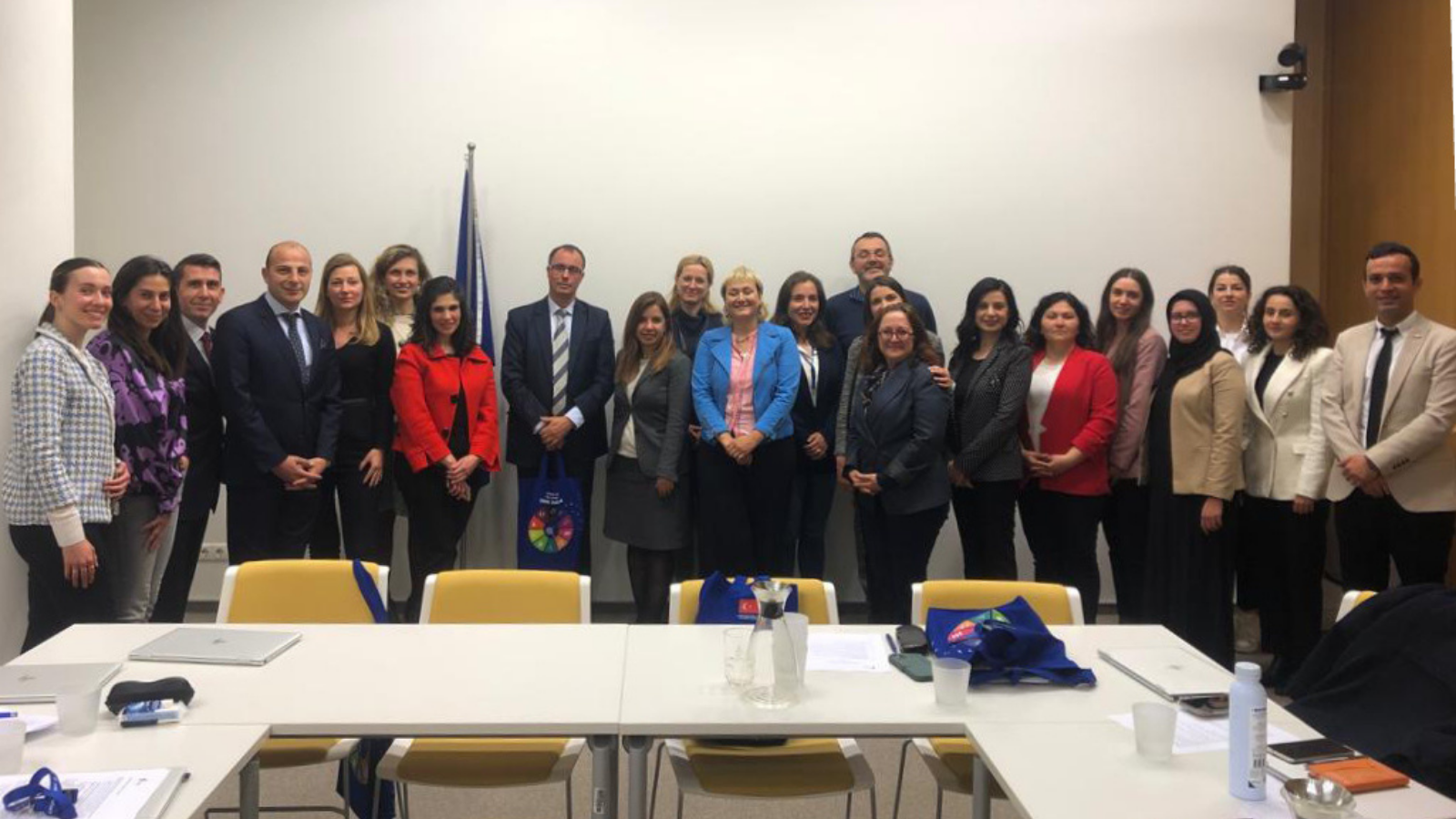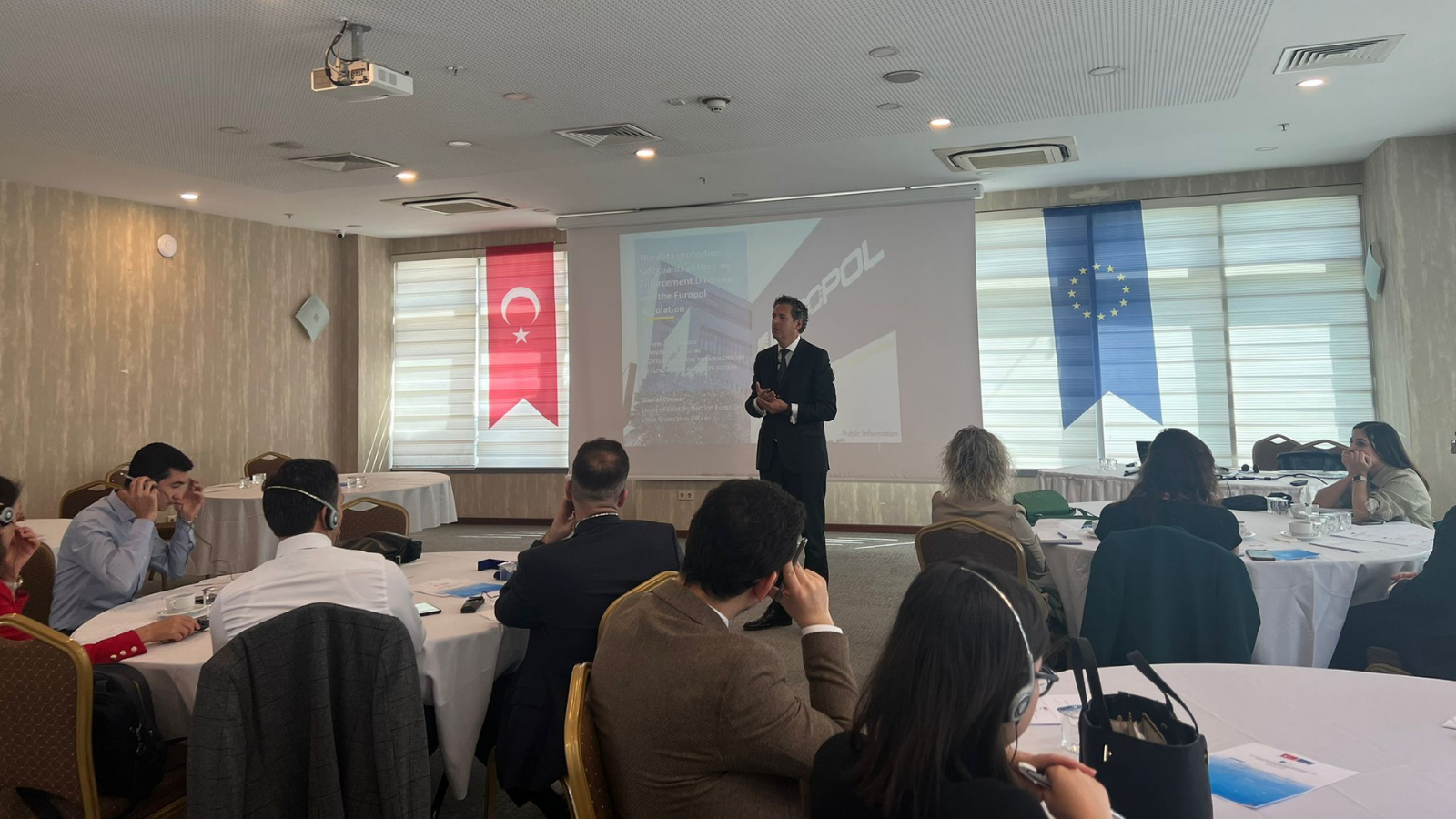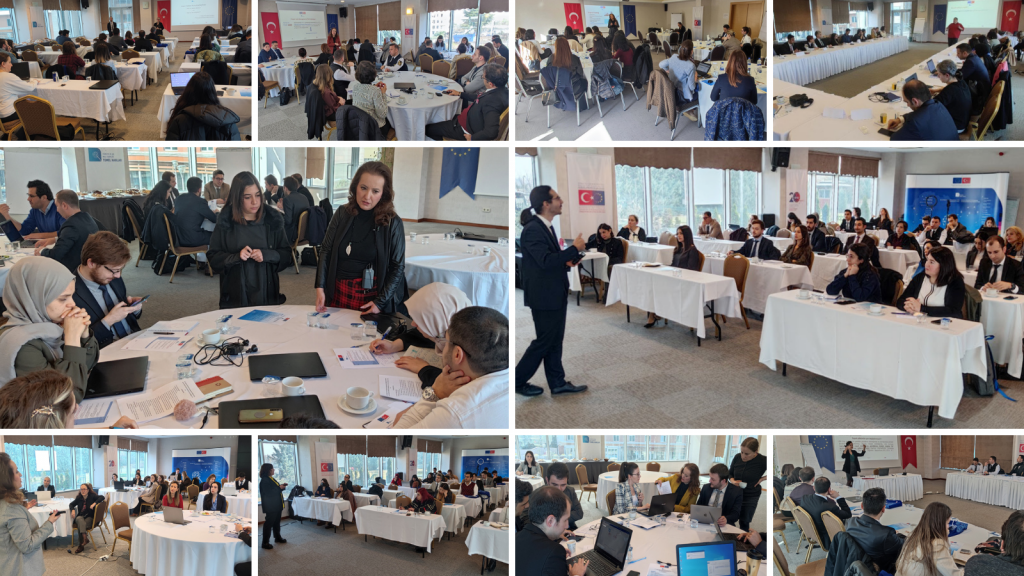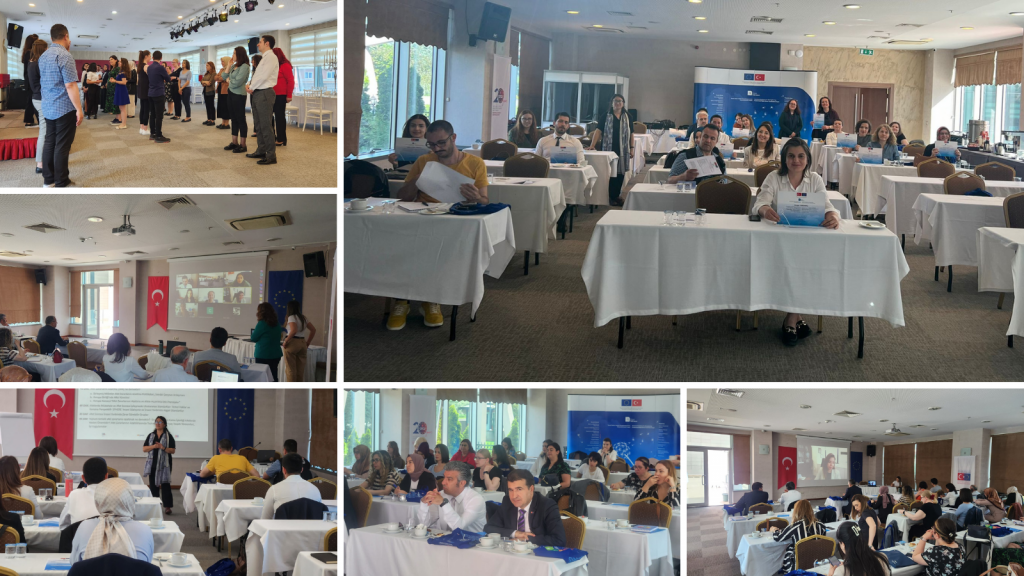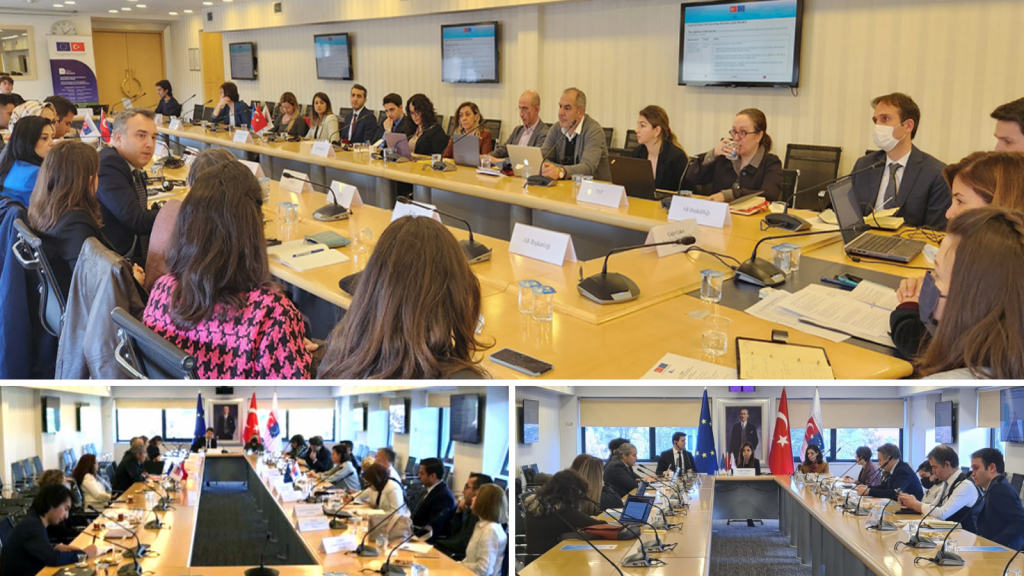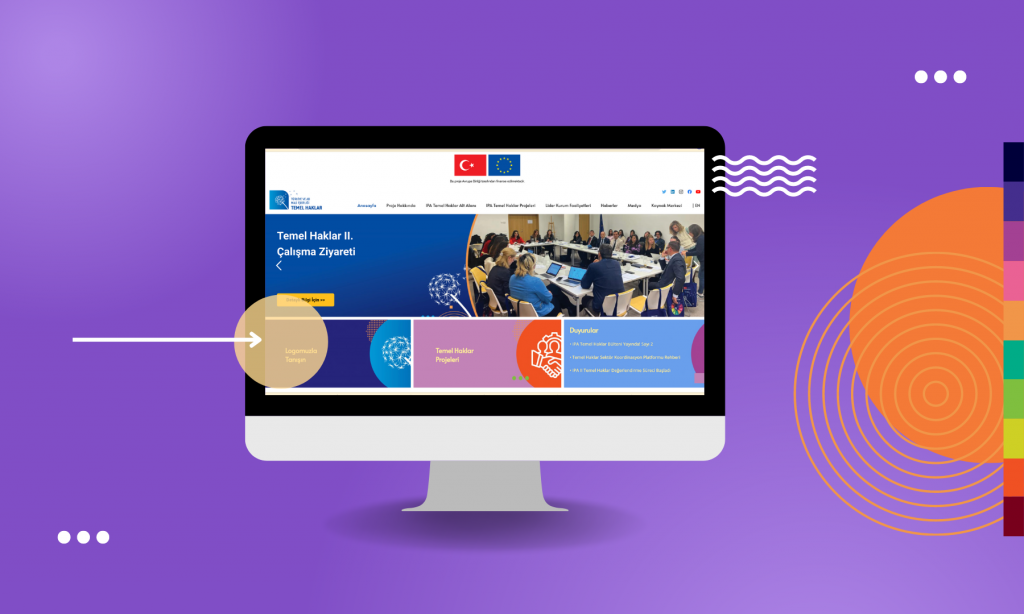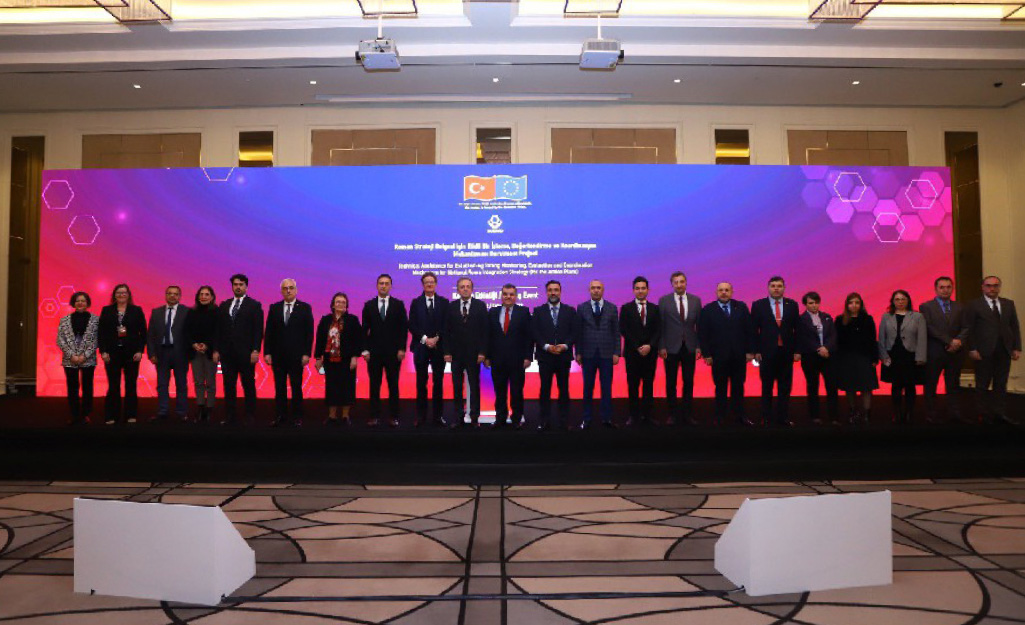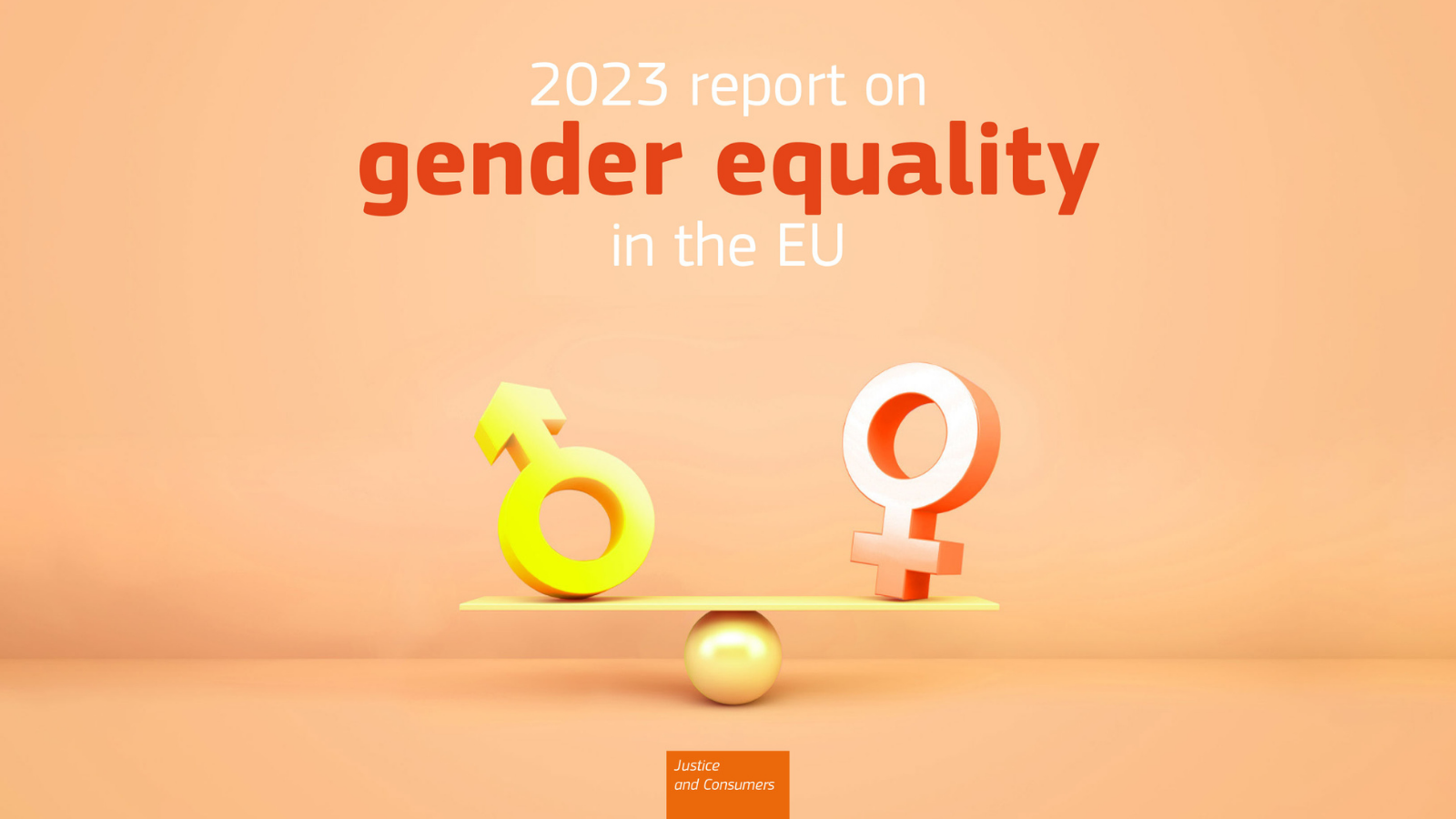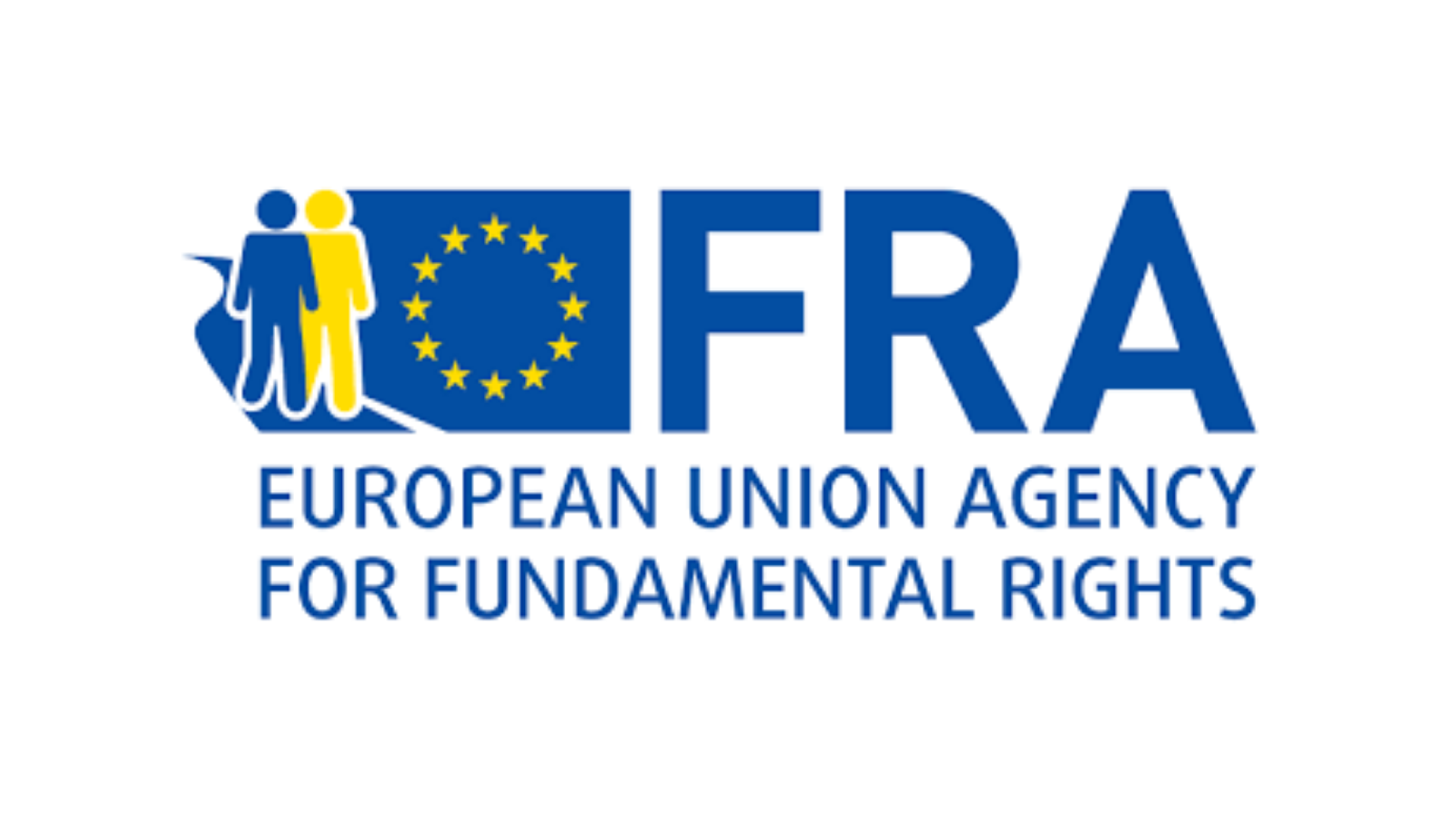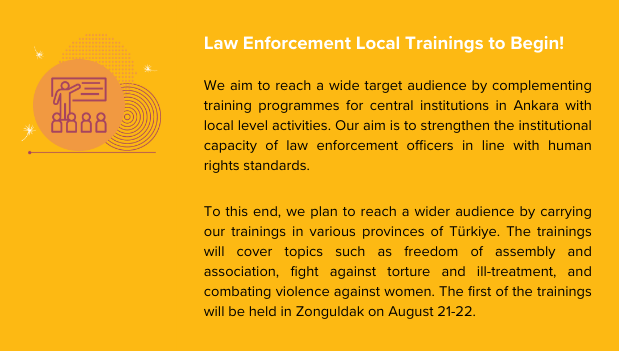In the early hours of February 6, a devastating earthquake struck 11 provinces in Türkiye, resulting in the loss of over 50,000 lives, with the number of affected citizens at over 13 million.
After the earthquake disaster, many countries, including the EU member states, the EU and international organizations came together in solidarity to support our country. We witnessed the extraordinary efforts of Turkish and foreign search and rescue teams and miraculous survivals.
On March 20, 2023, the International Donors’ Conference was organised in Brussels by the European Commission and the Swedish Presidency of the EU Council.A total of 6.05 billion euro in grants and loans were pledged at the conference.
Furthermore, unutilised funds under the Instrument for Pre-Accession Assistance (IPA-II) were reallocated to earthquake related interventions.
Women and children were the worst affected by the earthquake. As the Lead Institution in the field of fundamental rights, we designed two new projects specifically for women and children.
In collaboration with the Ministry of Family and Social Services, the Union of Turkish Bar Associations, UNICEF, and UN Women, our new projects focus on improving services provided to women and children in the earthquake region.
Within this scope, our planned activities include the reconstruction, strengthening, and renovation of women’s shelters, the establishment of social service infrastructure for children, and setting up mobile teams for legal aid.
We continue to make progress in our projects in collaboration with the EU Delegation to Türkiye.
